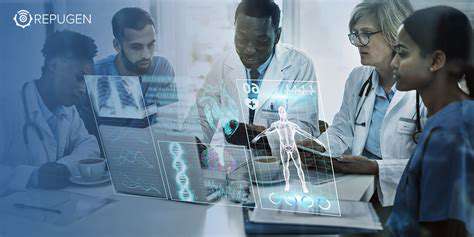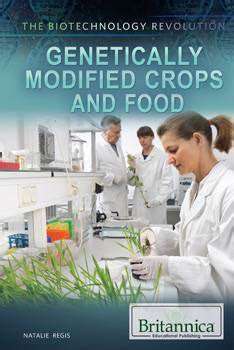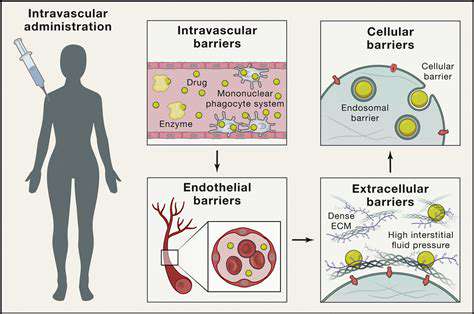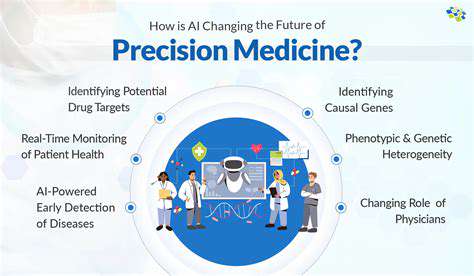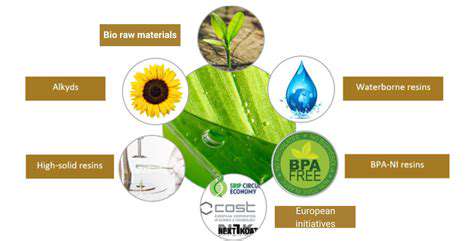Control systems in synthetic biology allow researchers to fine-tune biological processes with remarkable accuracy, ensuring predictable outcomes and minimizing unintended effects.
Engineering Biological Components
A central focus involves designing and constructing specialized biological parts ranging from individual genes to complete metabolic networks. Scientists employ cutting-edge techniques including CRISPR gene editing and computational modeling to achieve these goals.
Successful implementation requires thorough analysis of how these components interact within living systems, often involving extensive computer simulations before physical implementation.
Medical Breakthroughs
The medical field stands to benefit enormously from synthetic biology advances. Researchers are developing revolutionary treatments for conditions like cancer and genetic disorders through precisely engineered biological systems. These innovations promise more effective drug delivery and enhanced immune system modulation.
Diagnostic technologies are also evolving rapidly, with synthetic biology enabling faster, more accurate disease detection methods that could transform global healthcare systems.
Renewable Energy Solutions
Synthetic biology offers transformative potential for sustainable energy production. By engineering microorganisms to efficiently convert biomass into biofuels, researchers are developing alternatives to fossil fuels. These biological production methods could dramatically reduce greenhouse gas emissions while meeting global energy demands.
Current research focuses on optimizing microbial metabolic pathways to improve yield and reduce production costs, potentially making biofuels economically competitive with conventional energy sources.
Environmental Restoration
Engineered microorganisms show exceptional promise for cleaning polluted environments. Scientists are developing specialized strains capable of breaking down toxic compounds like petroleum hydrocarbons and industrial chemicals.
These biological remediation approaches often prove more effective and environmentally sustainable than traditional cleanup methods. Field trials have demonstrated successful degradation of contaminants in soil and water systems.
Ethical Framework
The rapid advancement of synthetic biology necessitates careful ethical consideration. Potential risks including accidental release or deliberate misuse require robust safety protocols and international oversight. Transparent research practices and inclusive public dialogue are essential for responsible development of these powerful technologies.
Regulatory frameworks must balance innovation with precaution, ensuring societal benefits while minimizing potential harms to ecosystems and human health.
Enhancing Industrial Processes Through Genetic Engineering
Precision Genetic Modifications
Modern genetic engineering techniques enable unprecedented precision in modifying organisms for industrial applications. By targeting specific genetic sequences, researchers can enhance desirable traits while minimizing unintended changes. This level of control allows for optimization of industrial microorganisms to unprecedented degrees.
Specialized Organism Design
The ability to customize organisms for specific industrial tasks represents a major advancement. Scientists can now engineer bacteria to produce complex pharmaceuticals or design algae strains optimized for biofuel production. These tailored biological systems often outperform conventional chemical processes in both efficiency and environmental impact.
Recent breakthroughs include microorganisms engineered to convert industrial waste into valuable chemicals, creating circular economic models.
Metabolic Network Optimization
Advanced understanding of cellular metabolism allows researchers to redesign biochemical pathways for maximum efficiency. By adjusting enzyme levels and regulatory mechanisms, production yields of target compounds can be significantly increased.
Computational models now enable virtual testing of thousands of genetic variations before laboratory implementation, dramatically accelerating the development process.
Stress-Resistant Organisms
Genetic engineering enables creation of organisms capable of thriving in challenging industrial conditions. This includes microorganisms resistant to high temperatures, extreme pH levels, or toxic byproducts. Such robust production strains can reduce energy requirements and improve process reliability.
Agricultural applications similarly benefit, with crops engineered for drought resistance or improved nutrient uptake showing field-tested yield increases.
Responsible Innovation
As genetic engineering capabilities expand, ethical considerations grow increasingly important. Comprehensive risk assessments and containment strategies are essential for laboratory and industrial applications. Regulatory agencies worldwide are developing frameworks to ensure safe deployment of these technologies.
Ongoing public engagement and transparent research practices help maintain social license for these transformative technologies.
Customizing Microorganisms for Targeted Functions
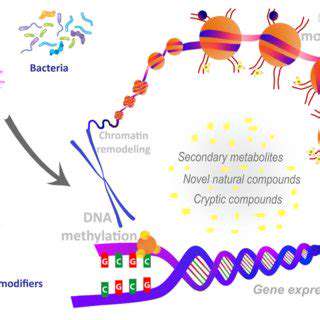
Microbial Potential
The incredible diversity of microbial life forms provides an extensive toolkit for biotechnological innovation. From deep-sea extremophiles to soil bacteria with unique metabolic capabilities, nature offers countless starting points for engineering solutions. Systematic exploration of microbial diversity continues to reveal novel enzymes and biochemical pathways with industrial potential.
Advanced Genetic Tools
Contemporary genetic engineering employs an expanding array of precise editing tools. CRISPR-based systems allow targeted modifications with single-base precision, while synthetic gene circuits enable sophisticated control of gene expression. These technologies facilitate creation of microorganisms with precisely calibrated functions.
Recent advances include engineered bacteria that can sense environmental pollutants and respond by producing degradation enzymes.
Pathway Engineering
Optimizing metabolic pathways requires balancing multiple factors including flux distribution, cofactor availability, and toxicity management. Modern approaches combine computational modeling with high-throughput screening to identify optimal genetic configurations.
Machine learning algorithms are increasingly used to predict the effects of genetic modifications, reducing experimental trial-and-error.
Industrial Strain Development
Developing production-worthy microbial strains involves iterative improvement of stability, productivity, and stress tolerance. Advanced screening technologies allow rapid evaluation of thousands of variants to identify top performers.
Continuous culture evolution methods enable strains to adapt to industrial conditions, often revealing unexpected performance improvements.
Sustainable Practices
The environmental footprint of microbial biotechnology continues to shrink through process optimization and waste reduction. Life cycle assessments guide development of truly sustainable bioprocesses that minimize energy and resource inputs.
Closed-loop systems that recycle water and nutrients are becoming standard in industrial applications.
Commercial Applications
Customized microorganisms are transforming industries ranging from pharmaceuticals to agriculture. Notable successes include microbially produced insulin, biodegradable plastics, and bio-based chemical precursors. These innovations demonstrate the economic viability of biological manufacturing.
The transition to bio-based production is accelerating as engineered microorganisms achieve cost parity with petrochemical processes.
Governance Challenges
As microbial engineering capabilities expand, international cooperation on biosafety and biosecurity becomes increasingly important. Harmonized regulations can facilitate innovation while preventing potential misuse. Ongoing scientific education helps policymakers make informed decisions about emerging technologies.


